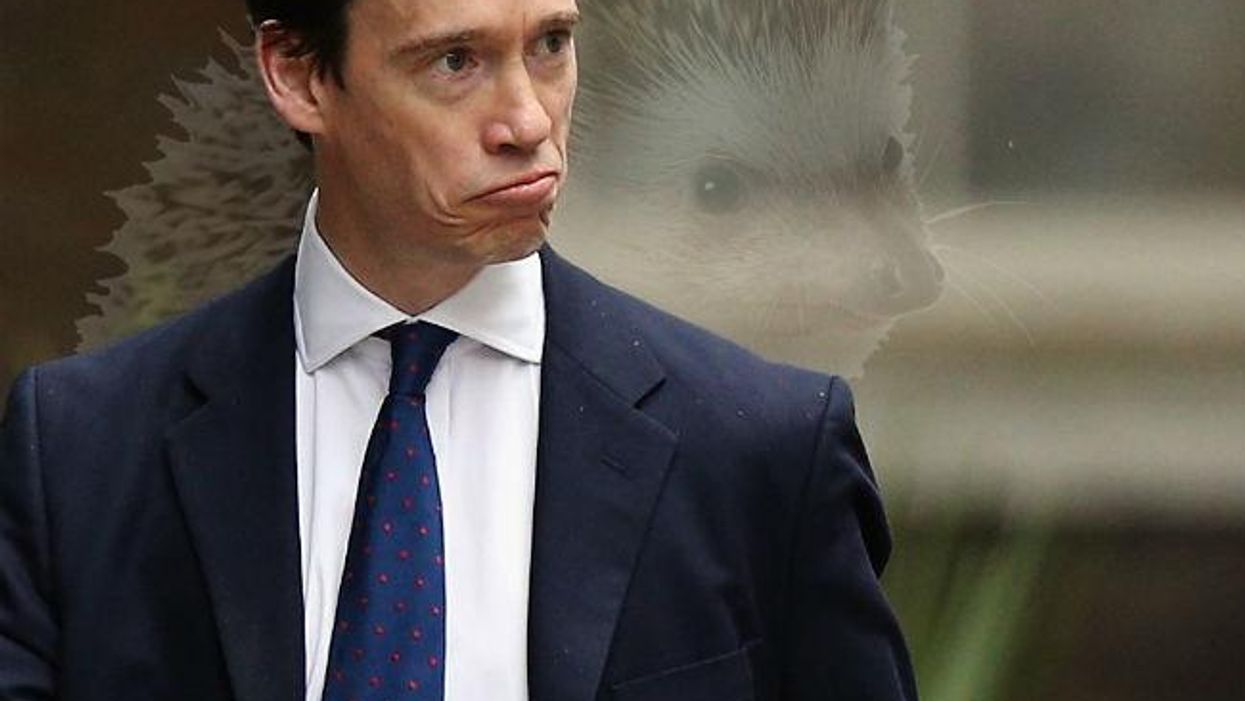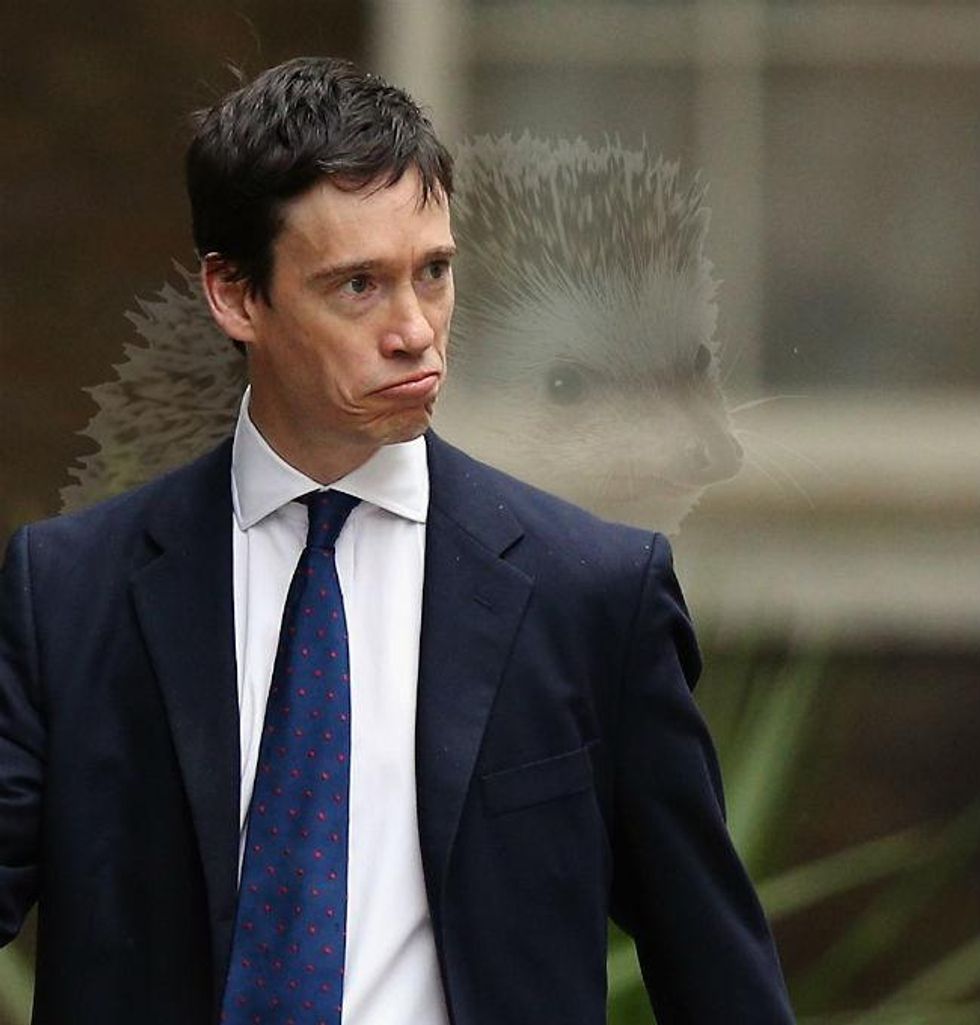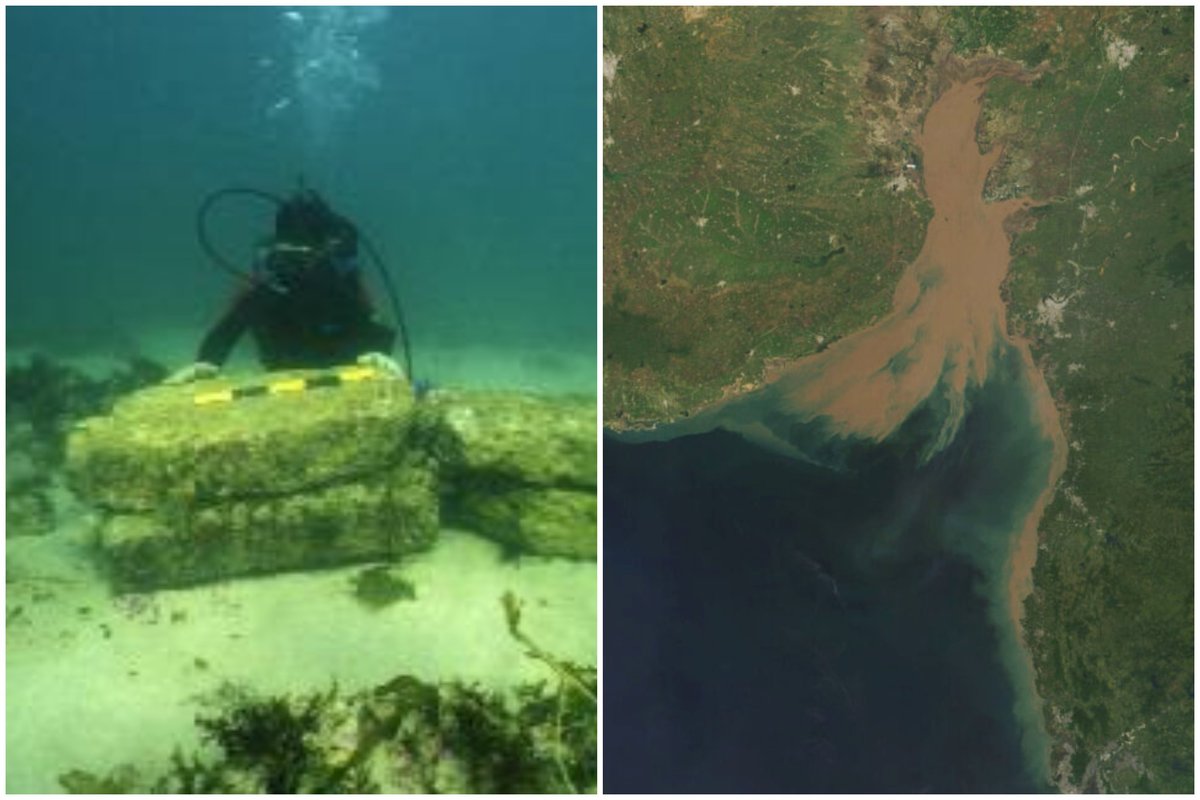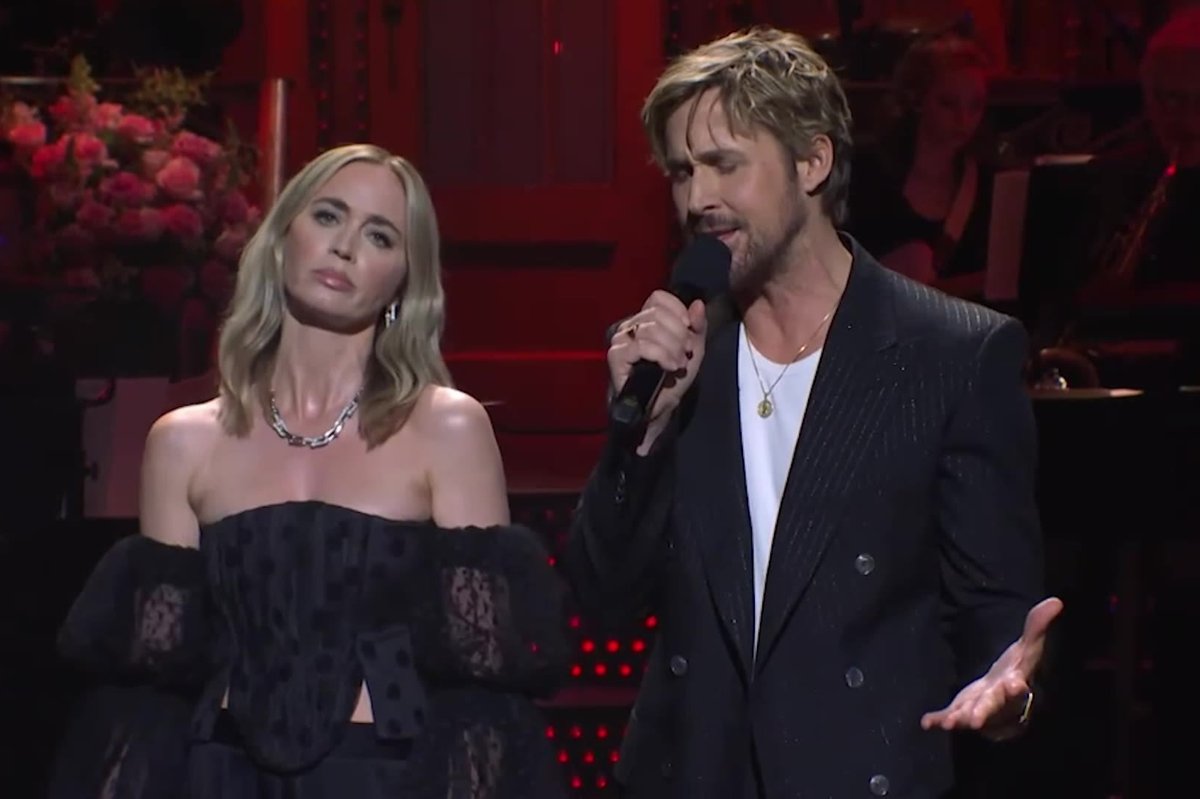News
Matthew Champion
Nov 12, 2015

In the House of Commons this week, Tory MP Oliver Colvile argued the case for the hedgehog replacing the lion as Britain's national symbol, to help conservation efforts.
Colvile said championing the animal could help reverse a decline that has seen the country's hedgehog population drop by a third in a decade.
But environment minister Rory Stewart, a former deputy governor in Iraq who also walked across Afghanistan, was having none of it.
He delivered a speech that began in Latin, quoted Aristotle, Shakespeare and Thomas Hardy, and was later hailed as "one of the best ever" heard in the Commons chamber.
According to Hansard, he said:
Multa novit vulpes, verum echinus unum magnum, Madam Deputy Speaker (the fox knows many things, but the hedgehog knows one big thing)...
The hedgehog has undergone an extraordinary evolution. The year 1566 seems very recent, but the hedgehog was around before then. It was around before this Parliament. The hedgehog, and its ancestor, narrowly missed being crushed under the foot of Tyrannosaurus rex. The hedgehog was around long before the human species: it existed 56 million years ago. It tells us a great deal about British civilisation that my hon. Friend has raised the subject, because the hedgehog is a magical creature. It is a creature that appears on cylinder seals in Sumeria, bent backwards on the prows of Egyptian ships. The hedgehog has of course a famous medicinal quality taken by the Romany people for baldness and it represents a symbol of the resurrection found throughout Christian Europe.
This strange animal was known, of course, in Scotland, Wales and Ireland originally in Gaelic as that demonic creature, that horrid creature, and is the hedgehog celebrated by Shakespeare:
'Thorny hedgehogs, be not seen…
Come not near our faerie queen',
and famously of course in Richard III there is that great moment when Gloucester is referred to as a hedgehog. It tells us something about Britain today; it represents a strange decline in British civilisation from a notion of this magical, mystical, terrifying creature to where it is today, and I refer of course to my own constituent, the famous cleanliness representative of Penrith and The Border, Mrs Tiggy-Winkle.
I want to be serious for a moment.
Still with us? Stewart went on to say:
Ultimately, we need to understand that the hedgehog is a very prickly issue. The reason for that is that my hon. Friend the Member for Plymouth, Sutton and Devonport has raised the question of adopting the hedgehog as our national symbol. Some hon. Members will remember that the hedgehog was used by Saatchi & Saatchi in an advertising campaign for the Conservative party in 1992 general election. We should therefore pay tribute to the hedgehog’s direct contribution to our election victory in that year. But I would like to challenge my hon. Friend’s assertion that the hedgehog should become our national symbol. I ask you, Madam Deputy Speaker, as I ask those on both sides of this House, because this question concerns not only one party, but all of us: do we want to have as our national symbol an animal which when confronted with danger rolls over into a little ball and puts its spikes up? Do we want to have as our national symbol an animal that sleeps for six months of the year? Or would we rather return to the animal that is already our national symbol? I refer, of course, to the lion, which is majestic, courageous and proud.
If I may finish with a little testimony to my hon. Friend and to those innocent creatures which are hedgehogs, perhaps I can reach back to them not as a symbol for our nation but as a symbol of innocence to Thomas Hardy. He says:
'When the hedgehog travels furtively over the lawn,
One may say, ‘He strove that such innocent creatures should come to no harm,
But he could do little for them; and now he is gone.’
If, when hearing that I have been stilled at last, they stand at the door,
Watching the full-starred heavens that winter sees,
Will this thought rise on those who will meet my face no more,
He was one who had an eye for such mysteries’?'
This conclusion led deputy speaker Eleanor Laing to remark: "I paused because I wanted to encourage some more positive noises for the Minister, who has just made one of the best speeches I have ever heard in this House."
What a time to be alive.
More: The ten most ridiculous things about Westminster, according to a new SNP MP
Top 100
The Conversation (0)
x














